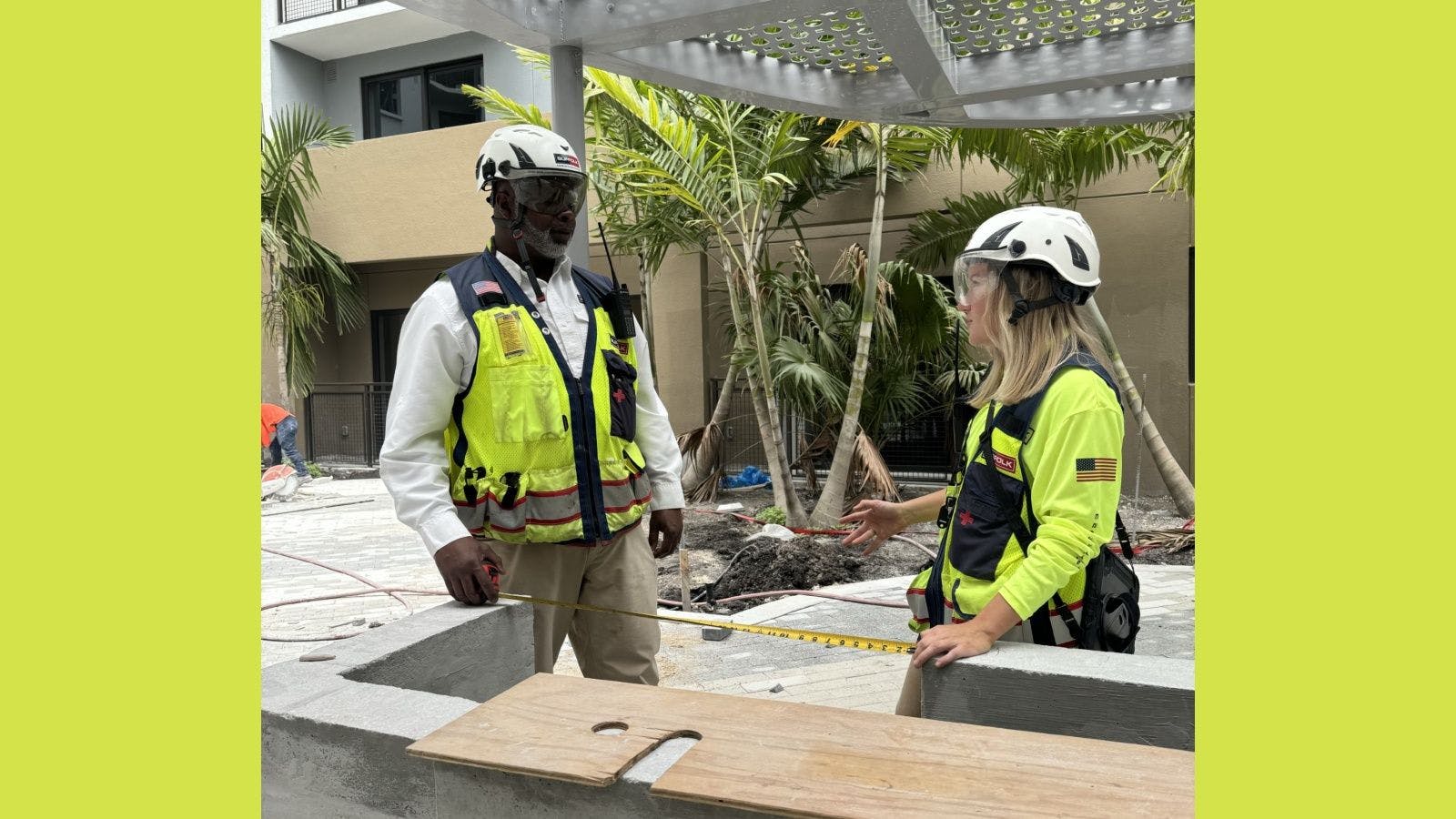
Project Managers Need 'Power Skills' When Leading Post-Disaster Rebuilds
Hurricane Ian came and left Florida in a matter of hours, but the damage left in its wake will take years to fully repair.
For construction project managers and their overburdened teams, the projects underway—and that await—as part of natural disaster recovery can seem overwhelming and unending. While a fundamental aspect of the job is drawing on talent and expertise to rebuild physical structures safely and soundly, so, too, is handling these projects in ways that compassionately address the emotional toll the devastation has wreaked on the victims and those aiding them.
In the United States, with countless projects already underway due to the passage of the federal Infrastructure and Investment Jobs Act, the construction industry is straining to meet the added demand. As noted in an earlier article for Construction Executive, PMI’s 2021 Talent Gap report revealed that more than 61 million project management positions in manufacturing and construction will be needed by 2030, a 13% increase over 2019.
But 2030 is years down the road. In 2022, and especially after a devastating hurricane, the pressures and added workloads facing our teams are quite burdensome. The question is: How do construction project managers get the work done, in an efficient and high-quality manner, without compromising the mental and physical health of the workers they rely on?
Prioritize power skills
The key to solving that problem is first addressing the abilities and capabilities of the construction managers themselves. And that effort goes beyond business knowledge and technical skills; it involves upskilling these critically important professionals to ensure they have the “power skills” that are so essential—especially on daunting projects tied to rebuilding after a disaster.
What are power skills? A simple definition is that they are the behaviors that enable people—especially leaders—to succeed. They are the skills that further a manager’s ability to communicate, collaborate and creatively solve problems—all of which are essential to ensure projects reach a timely and successful conclusion.
Here are several essential power skills and suggestions that can help project managers execute their work successfully.
Active Listening
This involves giving the speaker full attention by concentrating on what is being said and responding with questions and comments that are pertinent and relevant. Hear all of the details before offering a solution or feedback. The speaker will take notice and appreciate being heard and understood.
Two-Way Communication
Building on the previous point, communication skills entail more than how one speaks. It’s a give-and-take, involving active listening, speaking, observing and—importantly—empathizing with others. Whether communicating in person, via Zoom or by email, managers must be cognizant that how they communicate is just as important as what they communicate.
Emotional Intelligence (EQ)
This is the ability to understand, use and control one’s emotions. When EQ is high in an individual, they are better inclined to manage their own stress and improve their interpersonal relationships with others. That’s because they will hone their empathy abilities, which involves understanding what other people feel and seeing things from their perspective. And, yes, EQ can be learned.
Adaptability
Change happens, especially in the aftermath of a disaster and in the midst of rebuild projects. Understanding how, when and why to pivot is a key attribute when managing time-sensitive projects.
Conflict Management
Few projects run smoothly from beginning to end. Anticipating and effectively dealing with barriers will enable project managers to sidestep stress for themselves and their team.
This is just a snapshot of power skills. Several others are pertinent to optimizing the abilities—and effectiveness—of construction project managers, especially during emotionally trying circumstances.
Leaders should take the time to assess the power skills of project managers and take steps to provide them with training that fills in their gaps. Doing so will bolster their confidence and abilities and ensure that essential projects—especially post-disaster rebuilds—are completed effectively and with respect for the emotional needs of all stakeholders.
Related stories








